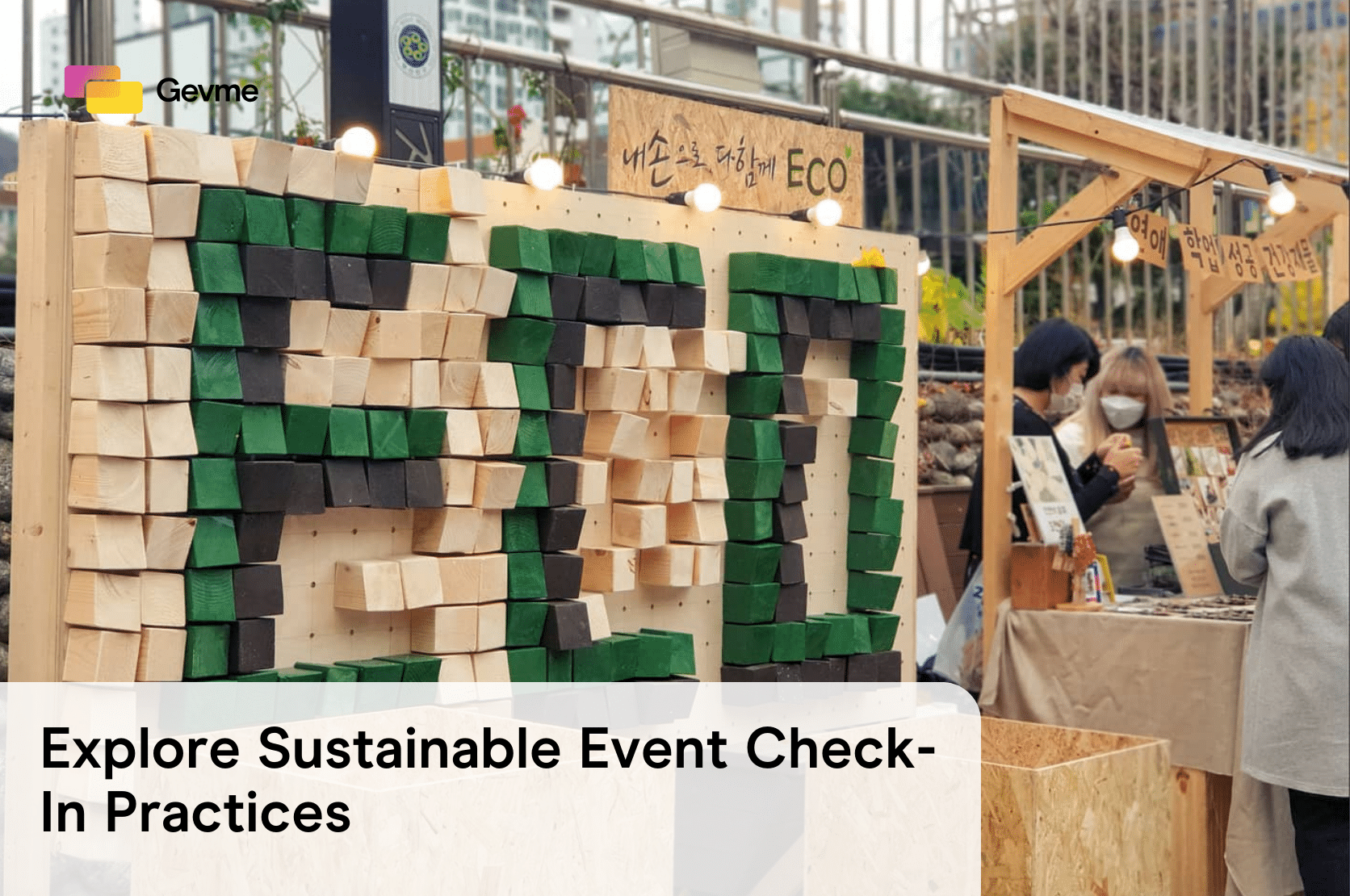The curtains have fallen and you are still absolutely buzzing from the high of executing your amazing event, complete with high quality content and a fantastic caliber of performances from all your acts and staff. I know what you want to do: you want to slink off to a bar somewhere and have a celebratory drink; heaven knows, you deserve one.
But you can’t. Well, not so soon anyway. Think of it like a golf swing or a basketball shot and you might get what I’m trying to say. The moment the ball leaves your club or hands is the moment your event has drawn to a close. However, as any one proficient in these sports (I read the Dummy’s Guides so I qualify) will tell you, the follow-through is what makes it a good shot or not. So let’s see what you need to do to avoid falling into the trap of thinking it’s over when it is far from.
Responsibilities
Let’s think about these things in terms of your responsibilities. This is important as it affects your reputation and branding. You might have just put up a killer spectacle but that doesn’t mean that your partners for this event will want to work with you again and a whispered word can have long lasting implications for your company and yourself. Without further ado…
Responsibility To The Venue & Its Staff
“Leaving the changerooms or training ground in the way you found it or in a better state is just a part of every team that I’ve been involved with, and Richie and Dan are no different to any other player in that regard.
“After a Test match, we’ll tidy up the dressing room, and they will do that like the rest of us.”
That’s a quote from Sam Whitelock describing the culture of the New Zealand All Blacks rugby team and the leadership of Richie McCaw and Dan Carter, two of the most successful players in the history of the sport. The concept here is simple: respect the venue and the facilities you have had the privilege to use for your event, regardless of whether you paid for it or not. This in turn shows respect to the people who have to mop up after you and return the venue to its original state. This is likely to build a very positive long-term relationship with the venue providers and this can only be a good thing for your company.
Additionally, it allows for a good work culture in your company. If everyone gets down and dirty and helps with the post-event tidy up, you can be sure that mutual respect and teamwork grows fast and will be long lasting. This, I shouldn’t have to say, will benefit you greatly.
Responsibility To Those Who Work With You
Time for a second anecdote! Now I can’t be sure whether this is factual or not, and a quick search on the Internet failed to turn up any positive evidence. You see, my acting teacher once told us that Andy Lau, the Cantopop megastar, would personally shake the hand of and thank every single member of his sizeable crew at the end of his concerts. I would say it doesn’t actually matter whether this is true or not, because the moral in this story is important. No matter who you are, or how high up in your occupational ladder you are, you are nothing without the people on a fraction of your pay cheque and so, without over-moralizing here, it is important that you acknowledge their contributions to the incredible event you’ve just held.
Think about it; your staff will be tired and wanting nothing more than to not work anymore. Those feelings are exacerbated by the complete absence of adrenaline in the post-show moments. Ensure that you and your company apparatus is there for them, showing that you value them and that they are a valuable part of your family.
Things like these stick in the memory and at your next event they’ll be more incentivized into busting a gut and going that extra mile to ensure the success of an event they now feel that they had a direct hand in.
Responsibility To Your Guests and Clients
I guess in a conventional plan of this article this point would have gone first. I did want to focus on two aspects though that I felt are never covered enough. This doesn’t mean that your guests and invitees are not important. Of course they are, don’t be silly. So don’t just use them and then leave them, make sure that the end of your event is not the end of your communication or relationship with them.
Firstly, use your public communication tools to address everyone and wrap the whole event up. This can be in reasonably general terms and best presented on your official website and social media platforms. Accompany this message with some choice photographs, videos or soundbites from the days’ activities and frame it in such a way that will evoke positive reactions from your guests.
Secondly, take the time to personally acknowledge and thank your guests and invitees for being a part of your event. Again, this can be done in a couple of ways. Either do it through email, wherein you could attach relevant photographs if possible, or do it through snail mail, perhaps in the form of specially designed postcards, which, while old fashioned, is arguably the more sincere method. A happy and loyal customer is one who feels he/she has a personal relationship with your company or brand. Foster this by making sure that your interaction with them goes beyond just the event itself.
Thirdly, extend this courtesy to your partners and clients as well. Those who have sponsored you or worked with you in some way or form across the whole duration of the event. A little thanks would go a long way.
That’s It
It is important to note that, as with many things in life, whether or not you are the best golfer in the world, always finish with a pose that is worthy of being atop a trophy. Always remember that the end of the event is not the end of your responsibilities to many different parties. Consider what we’ve discussed today and your company will build a platform for present and future successes.









